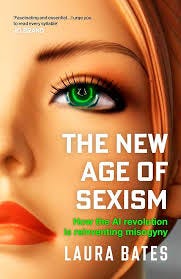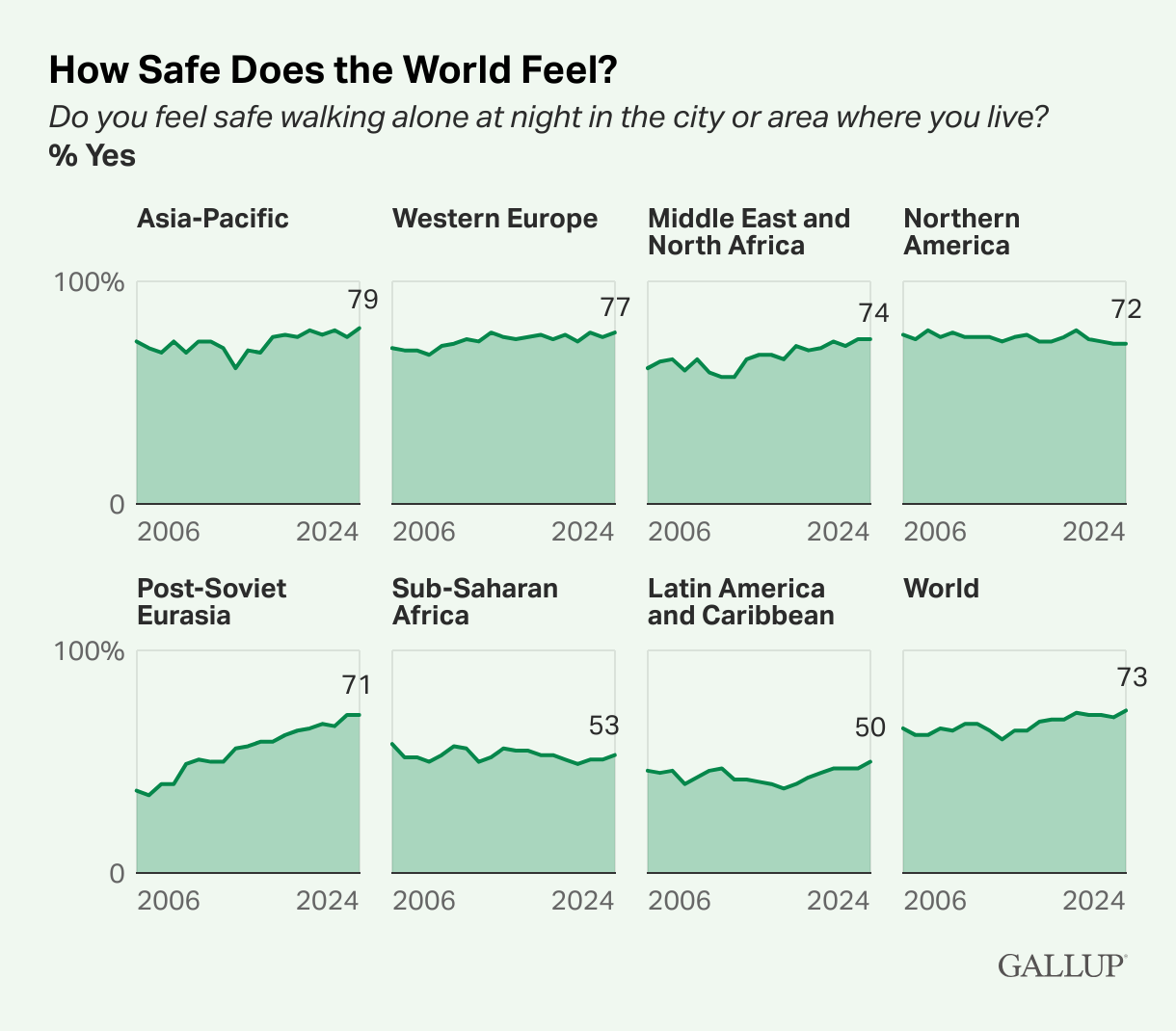The 281st Block: There is no censorship on the Internet
You fools
This week…
Your reading time is about 5 minutes. Let’s start.
I read Mehdi Hasan’s book, Win Every Argument (2023) recently and I didn’t really enjoy it — it left a weird taste in my mouth but I couldn’t place. I never really liked debates anyway, I always find debaters smarmy (I am completely impartial of course, I only dated one for a very short time lmao).
Of course, one of the Internet gods called TikTok Algorithm was also tuning in as I was reading the book and muttering to myself, so the next thing I saw on my feed was a post by PhD student Sara (@/francelot_) who really found all the words I couldn’t find to express my distaste:
The account is private, so I’ll summarise with the introduction to the knowledge deficit model, which is how most science gets communicated to the public. “It’s the belief that the public are making bad or wrong or incorrect or incomplete decision based on the fact that they just don’t have the correct information, and that if you just give them all the right information or the correct science, they’ll start making the objectively correct decisions.”
Most online debate formats are knowledge deficit models of communication. The problem is that it’s not that good because most people don’t make decisions just purely based on facts and information. (For example, who still scrolls on their phone before going to bed despite what the science says?)
“The way the debates are set up has ensured the model of communication is doomed from the beginning because before the debate even starts, we have set the premise around social identity theory, for example, conservatives vs. progressives. It doesn’t matter of Mehdi Hasan walks in with all the facts and information, the opposing side doesn’t like him, doesn’t trust him, they know he stands for everything they stand against, and anything he presents is directly antagonistic to the social identity that they have formed around a specific group.”
And importantly, these debates are like a spectator sport or reality TV (which is kind of a spectator sport, too, if you think about it). It’s not about changing the minds of the opposing debaters but the audience, right? So it’s a performance, and the best choreography wins, right? But actually, people have already picked a team when they go and watch it — you know, like the sport team you were born to support.
Your Wikipedia this week: Market for loyalties theory
And now, a selection of top stories on my radar, a few personal recommendations, and the chart of the week.
ICYMI: The Previous Block was about memes. FWIW:
Nepal’s youth uprising is part of a South Asian wave of rebellion by Vandana Menon for New Lines Magazine.
Dozens arrested and hurt in clashes with police near Philippine presidential palace by Jim Gomez, Joeal Calupitan, and Aaron Favila for AP.
CORRECTION NOTICE: None notified. SATIRE
For comedians around the world, the laughs often end as democracy fades
Oliver Holmes for The Guardian:
The exiled Egyptian comedian Bassem Youssef has experienced firsthand how intolerant governments can silence political satire. And he had a short message this week for those living in an age of Donald Trump’s free speech clampdown: “My Fellow American Citizens,” he wrote on X. “Welcome to my world.”
In his attacks on the most prominent of American satirists, the US president has joined a cadre of illiberal and sensitive leaders around the world who will not tolerate a joke.
The latest target of what critics say is a campaign to silence dissenting voices was Jimmy Kimmel, who had his late-night ABC talkshow suspended after government pressure. The removal, weeks after the rival network CBS cancelled Stephen Colbert’s satirical show, follows other Trump-led crackdowns on media and academia.
Political foes of the US president say the diminishing space for free speech shows Trump’s America is moving towards authoritarianism. Senator Bernie Sanders, speaking to MSNBC, said the country was on a path towards becoming more like oppressive regimes in Russia and Saudi Arabia. “This is just another step forward,” he said.
From Egypt’s military ruler, Abdel Fatah al-Sisi, to India’s populist prime minister, Narendra Modi, the laughs often end for comedians as democracy dwindles.
Loosely linked:
Russian state TV launches AI-generated news satire show by Matthew Gault for 404 Media.
How Russian-funded fake news network aims to disrupt election in Europe by Oana Marocico, Seamus Mirodan, and Rowan Ings for BBC News.
[From 2021] Political satire with Jo Kukathas for TSB.
INTERNET ACCESS & DIGITAL SOVEREIGNTY
The myth of sovereign AI: Countries rely on U.S. and Chinese tech
John Popko for Rest of World:
Rising tensions between the U.S. and China, alongside fears of being left behind in the AI race, have spurred governments from Seoul to São Paulo to prioritize sovereign AI — the ability to produce AI with their own data, infrastructure, workforce, and networks — which officials say is critical to national security.
Big tech companies have responded by offering sovereignty as a service. Nvidia has made deals with countries including Thailand, Vietnam and the United Arab Emirates, while Microsoft has agreements with the UAE and others, and Amazon Web Services has a European “sovereign cloud.” Huawei, meanwhile, is courting Peru, Indonesia, and other Chinese allies.
But in entering these deals, nations risk locking themselves into long-term dependencies on foreign architectures, chips, and other export-controlled technologies that can undermine their sovereignty and their ambition, Rui-Jie Yew, a doctoral student at Brown University who researches AI policy, told Rest of World.
“There is definitely worth and merit in what the tech companies provide,” said Yew. Nvidia’s chip design, for example, is a genuine technological innovation that is valuable for countries ramping up AI infrastructure. But “are you selling your chips and calling it a day, or are you using your dominant position to bundle additional services that rope your clients into ongoing dependencies?” she said.
Loosely linked:
When Africa’s internet breaks, this ship answers the call by Jess Auerbach Jahajeeah and Stephanie Wangari for Rest of World.
Taliban leader bans Wi-Fi in an Afghan province to ‘prevent immorality’ by Abdul Qahar Afghan for AP.
The German state pioneering digital sovereignty by Maximilian Henning for Euractiv.
Other curious links, including en español et français

LONG READ | “Am I now in exile?” The journalists forced out of Bukele’s El Salvador by Óscar Martínez and Carlos Martínez for The Dial.
ILLUSTRATION | Scammed into scamming by Adolfo Arranz, Poppy McPherson, Devjyot Ghoshal, and Han Huang for Reuters.
IN PHOTOS | A journey to belonging: asylum seekers reflect on 10 years in Europe by Zohra Bensemra for Reuters and The Guardian.
The Gen Z newsroom covering Europe (and ruffling some continental feathers along the way) by Josh Axelrod for Nieman Lab.
El mapa de la crisis demográfica europea: así sería la Europa sin inmigración que ansía la extrema derecha por Alex Clark, mapas y gráficos deRaul Sánchez en elDiario.es.
Dictadores inmortales por Galo Abrain en Retina.
Jaidë: el sufrimiento del pueblo emberá, en Colombia por Santiago Mesa en Gatopardo.
« Du journalisme au service de l’humour » : comment Swann Périssé fait fact-checker ses blagues par Valentin Chomienne dans La revue des médias.
Comment les techno-fascistes travaillent à transformer Gaza en ville-entreprise par Nastasia Hadjadji et Olivier Tesquet dans Usbek & Rica.
Internet Archive : une bibliothèque numérique qui prend sa place en Colombie-Britannique par Alphonsine Sefu dans Radio-Canada.
What I read, listen, and watch
I’m reading The New Age of Sexism (2025) by Laura Bates. Fair warning, this book speaks about AI-driven misogyny and touches on graphic sex crimes.
I’m listening to The Vergecast on Meta’s quest to own your face.
I’m watching The Guardian piece by Matthew Cassel on the ground in Tel Aviv asking Israelies how they feel about Gaza.
Chart of the week
Despite a rise in global conflicts, more people than ever say they feel safe where they live, according to Gallup’s latest Global Safety Report. Malaysia has the largest gender gap in the percentage of men (79 per cent) vs. women (36 per cent) who feel safe walking alone at night.





